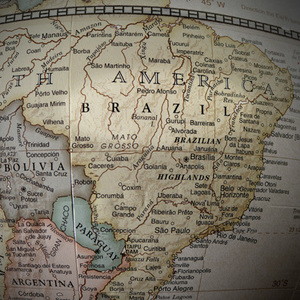Brazil announces move to 12% biodiesel blend

July 13, 2021
BY Erin Krueger
The Brazilian government on July 12 announced plans to boost the mandatory biodiesel blend rate to 12 percent, up from the current blend rate 10 percent, but below the statutory target of 13 percent.
Brazil lowered the biodiesel blend rate to 10 percent in 2020, citing an insufficient supply of the fuel, unexpected demand for diesel fuel, and high soybean prices.
In its latest announcement, the Brazilian Ministry of Mines and Energy explained that the move to a 12 percent blend rather than a 13 percent blend is expected to help avoid excessive increase in the retail price of diesel.
Advertisement
Advertisement
Advertisement
Advertisement
Related Stories
Bangkok Airways Public Company Limited has officially announced the adoption of sustainable aviation fuel (SAF) on its commercial flights, reinforcing Thailand’s green aviation industry. The initiative took effect starting July 1, 2025.
Avalon Energy Group LLC and Sulzer Chemtech have signed a strategic alliance and partnership agreement to scale up the production of SAF. Under the agreement, Avalon has selected BioFlux technology for its portfolio of SAF projects.
The USDA has announced it will delay opening the first quarterly grant application window for FY 2026 REAP funding. The agency cited both an application backlog and the need to disincentivize solar projects as reasons for the delay.
Neste and DHL Express have strengthened their collaboration with the supply of 7,400 tons (9.5 million liters) of neat, i.e. unblended, Neste MY Sustainable Aviation Fuel to DHL Express at Singapore Changi Airport starting July 2025.
CoBank’s latest quarterly research report, released July 10, highlights current uncertainty around the implementation of three biofuel policies, RFS RVOs, small refinery exemptions (SREs) and the 45Z clean fuels production tax credit.
Upcoming Events










